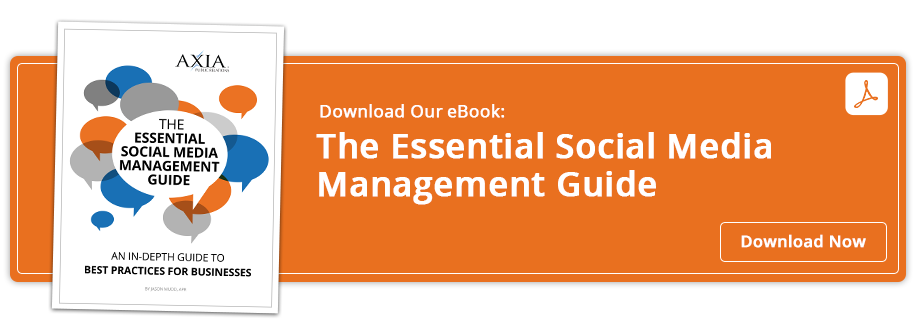Whether virtual or traditional, influencers can help sell your brand if you partner with them effectively
 For years, influencer marketing has been a mainstay of reliable social media marketing strategies. However, the recent introduction of the metaverse is beginning to open up an entirely new frontier for influencer-based marketing. By embracing the virtual world of the metaverse, brands from Gucci to Microsoft have started to advertise in an environment that lends itself to a uniquely engaging consumer experience.
For years, influencer marketing has been a mainstay of reliable social media marketing strategies. However, the recent introduction of the metaverse is beginning to open up an entirely new frontier for influencer-based marketing. By embracing the virtual world of the metaverse, brands from Gucci to Microsoft have started to advertise in an environment that lends itself to a uniquely engaging consumer experience.
Audio: Listen to this article.
Virtual influencers are a new take on influencer marketing. While these non-human, computer-generated avatars have been around since at least 2016, Forbes says the market for them is growing. Often found on social media, metaverse influencers have human characteristics such as likes and dislikes, which can include your brand. Companies can partner with existing virtual influencers – and some companies have even created their own. Marketing with virtual influencers is a bold step, so here are some things to consider when deciding whether metaverse influencer marketing is for you.
The personality of virtual influencers
- Much like traditional influencers, metaverse influencers will create their own content that may not coincide with your brand image.
- Review the metaverse influencer’s prior activity and endorsements, just like you would with traditional influencers, to ensure they haven’t posted brand-harming material.
- Include a moral clause in the virtual influencer's contract because, just as with traditional influencers, they can still engage in and create content that may not align with your company’s image.
Engagement and creation of virtual influencers
- Companies such as Prada and Alibaba have created their own virtual influencers to represent and embody their brand in the metaverse.
- Consider how and if your company’s virtual influencer will gain a meaningful following in the metaverse.
- Be wary of using existing metaverse influencers that may have bought followers.
Virtual influencers and your company’s reputation
- Whether digital or physical, disclosure of all brand deals and connections is still an important concern for all influencers.
- Ultimately, strive for transparency and inform your brand’s consumers that your metaverse influencer is not a real person.
- Avoid using deceptive brand endorsements with metaverse influencers. For example, a digital influencer should not promote HelloFresh, a meal-kit company, since they cannot physically taste the food.
The takeaway: Virtual influencers could put your company ahead of the game
Whether digital or physical, there will always be important considerations if your company uses influencers. The world of the metaverse is still extremely new; however, it is likely to continue to grow. If your company wishes to grow its brand right alongside the uniquely engaging metaverse, it is best to follow standard, safe industry practices when promoting your brand with digital influencers.
Ready to get involved in the metaverse and grow your brand? Our experienced team here at Axia Public Relations can help your company do just that. Read more about our influencer marketing process here, and ask us how we can help.
 William Crockett is an Axia Public Relations intern from the University of North Florida where he studies public relations and psychology. He has years of hands-on experience in the construction and automotive industries, as well as a strong background in digital design, market research, and public relations writing. He has previously managed the social media accounts for Club House Cages.
William Crockett is an Axia Public Relations intern from the University of North Florida where he studies public relations and psychology. He has years of hands-on experience in the construction and automotive industries, as well as a strong background in digital design, market research, and public relations writing. He has previously managed the social media accounts for Club House Cages.
Photo by Bradley Hook
Topics: online public relations, shared media


Comment on This Article